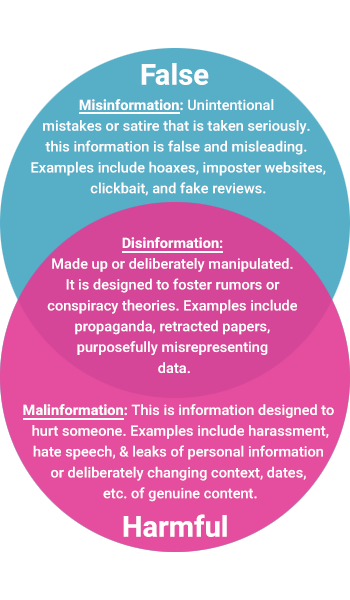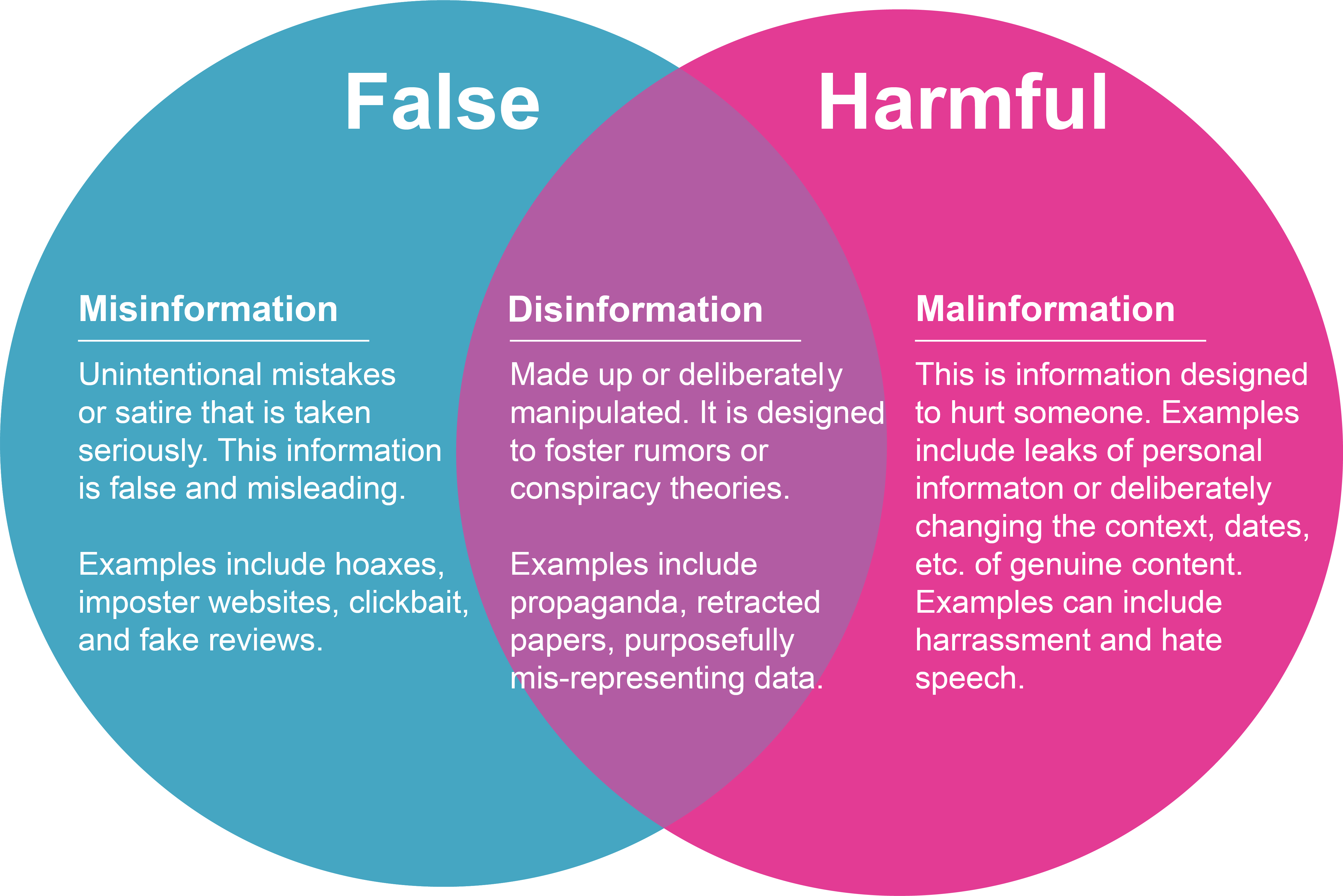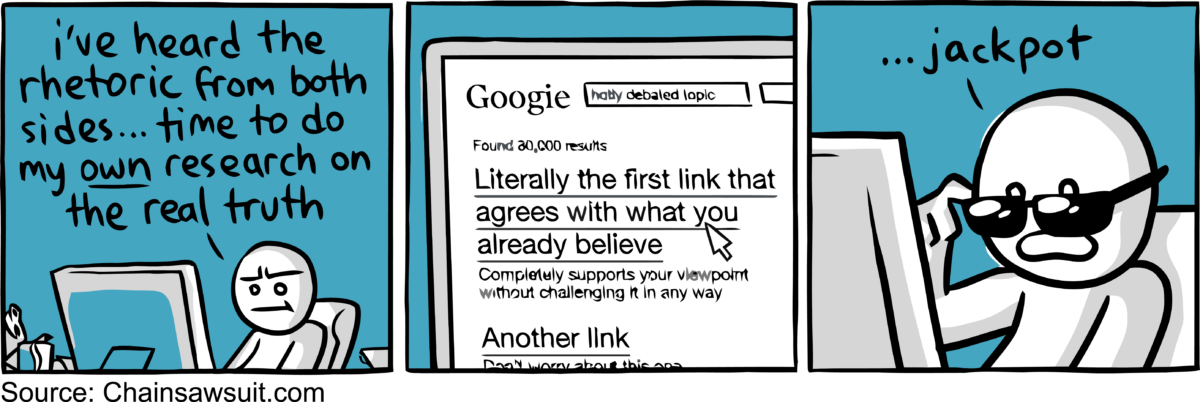Understanding misinformation, disinformation, and mal-information
To begin evaluating information, it’s important to understand if the information is reliable or if it is misinformation, disinformation, or malinformation. Misinformation is usually an honest mistake, a typo, or satire mistaken for fact. The more dangerous types of information are disinformation (deliberately intended to deceive), or malinformation (deliberately intended to harm).
Given that so many of us get our information from social media, being able to identify deceptive information is critically important.

Get your information from credible sources!
When it comes to your family’s health, you want expert advice to ensure you are doing what is best.
So who are the vaccine experts?
They are the doctors, scientists, and public health professionals who have spent their careers studying vaccines.
Talk to your healthcare provider and look at credible websites from legitimate sources, but be wary of individuals who are not vaccine experts.
You would not let a heart surgeon repair your car’s engine, or let a mechanic repair your heart, so why take chances with your child’s health?
Helpful Hints
- Use Facebook and other social media for fun, not information
- Report posts that promote mis-, dis-, or malinformation
- Think critically:
- Who is the author? What are their credentials? Are they trying to sell you something?
- Is the content legitimate? Look at its sources – are they real? Are they credible?
- Does it conform a little too perfectly to your beliefs? Ask yourself if you’re looking for facts or for something that agrees with what you believe.
The problem with “doing my own research”
Today, we regularly hear someone say, “I don’t trust what I hear, so I do my own research.”
That sounds like a great idea, right?
Wrong!
Unless you’re a researcher by education and experience, it’s more likely you will fall prey to confirmation bias than uncover the facts.
Confirmation bias happens when we search for and recall information that confirms our existing beliefs.
A trained researcher understands how to avoid different biases and is trained to follow the evidence rather than find information that supports their beliefs. Additionally, it is easy for most of us to misinterpret the data.
It’s important to be informed and to ask questions but we also need to trust the experts. If you’re not a cardiothoracic surgeon, you’re not going to learn what you need to do to fix your heart from a Google search or YouTube video. It’s the same with vaccines.

© Voices for Vaccines. Excerpts and links may be used by websites and blogs, provided that full and clear credit is given to Voices for Vaccines, with appropriate and specific direction and links to the original content. Parents, providers, advocates, and others may download and duplicate toolkits in print, without alteration, for non-commercial use and with full and proper attribution only.


